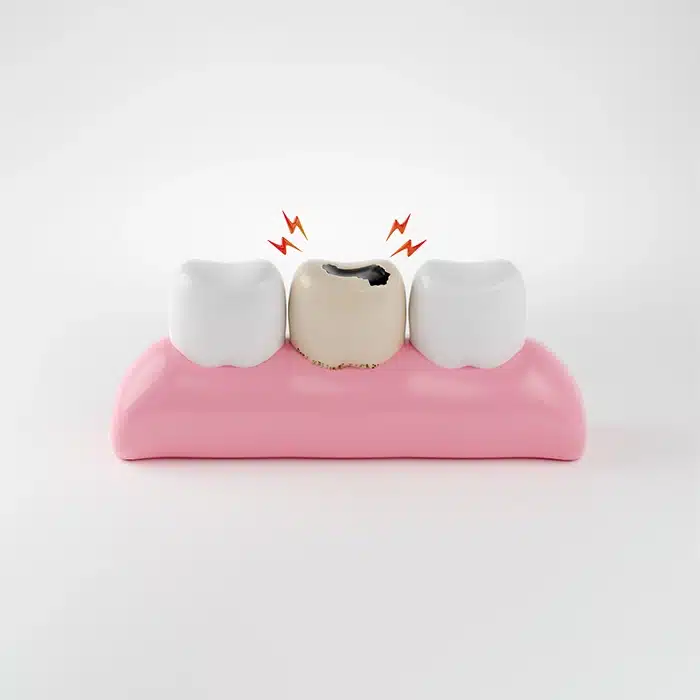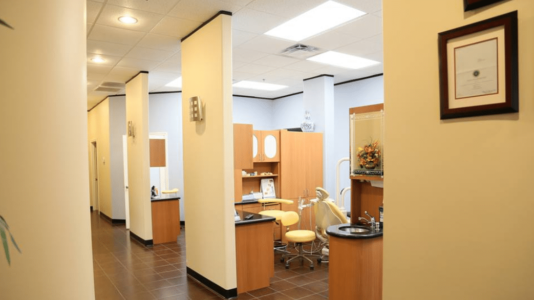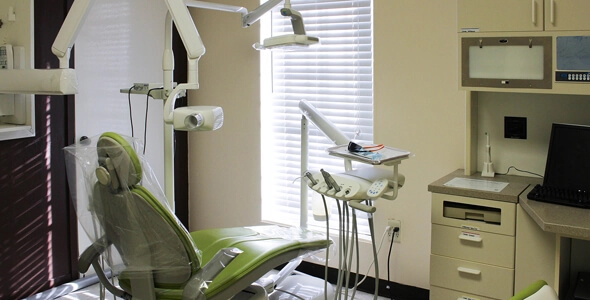A broken wisdom tooth can be an excruciating and distressing dental issue that many individuals face at some point in their lives. Wisdom teeth, also known as third molars, typically emerge during late adolescence or early adulthood and can often become impacted or misaligned, leading to various dental problems.
When one of these teeth breaks, it can cause severe pain, swelling, and potential complications that demand prompt attention from a dentist or oral surgeon.
Causes of Broken Wisdom Tooth
1. Dental Decay
Wisdom teeth, like other teeth, are susceptible to decay, especially if proper oral hygiene is not maintained. Decay can weaken the tooth structure, making it prone to breakage.
2. Trauma to the Mouth
Accidents, falls, or impacts to the mouth can result in the breakage of wisdom teeth.
3. Munching on Hard or Sticky Foods
Chewing on hard substances or sticky foods can exert excessive force on wisdom teeth, leading to fractures.
Symptoms of Broken Wisdom Tooth
1. Sharp or Throbbing Pain
The presence of pain, especially when chewing or biting down, can indicate a broken wisdom tooth.
2. Sensitivity When Biting or Chewing
Increased sensitivity or discomfort while eating may be a sign of a broken wisdom tooth.
3. Feeling Roughness or a Hole in the Affected Tooth
The sensation of roughness or the presence of a hole on the tooth’s surface may indicate breakage.
4. Changes in the Colour or Shape of the Tooth
Visual changes in the color or shape of the wisdom tooth can be indicative of damage.
5. Swelling and Tenderness in the Gums
Swelling and tenderness around the affected area may be observed due to inflammation associated with a broken wisdom tooth.
Risks from Having a Broken Wisdom Tooth
Bearing a broken wisdom tooth comes with inherent risks, including:
Bacterial Infection
Gaps from the broken tooth can harbor bacteria, creating an environment conducive to infection. This poses a risk to both the tooth and surrounding tissues.
Overall Tooth Health
A broken or cracked wisdom tooth jeopardizes the overall health of the tooth. Bacterial invasion may lead to infection of the dental pulp, necessitating extraction or root canal treatment.
Treatment Considerations
In many cases, removal of the wisdom tooth is deemed the most effective solution, considering the risks associated with bacterial infection and compromised tooth integrity.
Treatment Options for Broken Wisdom Teeth
1. Dental Filling or Crown Placement
Minor fractures may be addressed with dental fillings or crowns to restore the tooth’s structure.
2. Root Canal Therapy
For cases where the dental pulp is affected, root canal therapy may be recommended to save the tooth.
3. Extraction of the Damaged Tooth
In cases of severe breakage or where the risks of infection are high, extraction of the damaged wisdom tooth may be the most suitable option.
If you suspect a broken wisdom tooth or experience associated symptoms, seeking prompt dental evaluation is crucial. A dental professional can assess the extent of the damage and recommend appropriate treatment to restore oral health.












